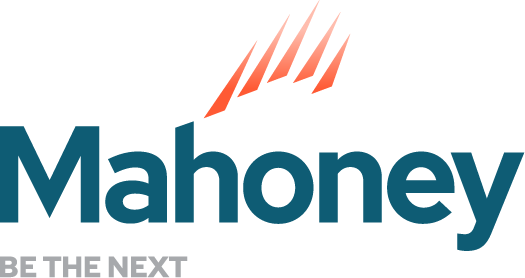
Best Practices for Tracking Restricted Funds in QuickBooks Online for Nonprofit Organizations
Nonprofit organizations play a crucial role in addressing societal needs and driving positive change. Effective financial management is vital for their sustainability and impact, particularly when it comes to tracking restricted funds. These funds, subject to specific donor-imposed limitations, require meticulous attention to compliance and transparency. In this comprehensive guide, we’ll delve into the best practices for tracking restricted funds in QuickBooks (QBO), incorporating insights from various sources to provide nonprofit organizations with a robust framework for financial management.
1. Establish Clear Accounts and Categories
- Set up separate accounts within the chart of accounts in QBO to distinguish between restricted and unrestricted funds.
- Avoid creating a separate account for each specific restricted grant to prevent cluttering the chart of accounts, but instead, utilize broader categories for consistent tracking.
- Consider using a “released restriction” revenue account to clearly indicate when previously restricted funds are released.
2. Utilize Classes and Tracking Categories
- Utilize classes in QBO to track overall restricted or non-restricted current year activity, ensuring consistency with functional expense buckets.
- Avoid using classes for tracking specific grants to maintain simplicity and ease of reporting.
- Clarify the use of tracking categories, ensuring alignment with the evolving functionalities of QBO while maintaining clarity in financial tracking.
3. Implement Projects for Detailed Grant Tracking
- Embrace the use of projects within the customer dimension to track individual grants and specific restricted projects.
- Create a new customer for each grantor and designate projects within the customer record to represent specific grants.
- Track all grant-related transactions by associating them with the associating project, facilitating comprehensive grant reporting and analysis.
4. Ensure Regular Reconciliation and Documentation
- Maintain regular reconciliation of transactions related to restricted funds to uphold accuracy and integrity in financial records.
- Reconcile transactions to the donor database to ensure alignment with donor agreements and grant contracts.
- Document all relevant information, including donor-imposed conditions, purposes, and expenditure receipts, for compliance and transparency.
5. Adjust Equity Accounts Appropriately
- Establish a clear process for adjusting equity accounts between restricted and unrestricted net assets, preferably on the first day after the close of the year.
- Zero out the retained earnings account and allocate activity between restricted and unrestricted net assets based on prior year’s activity to ensure accurate financial reporting.
6. Access QBO Tracking Tools
- Custom Fields – Utilize custom fields within QBO to capture specific details related to restricted funds, such as donor-imposed restrictions or grant expiration dates. This tool is available in QBO plus, Essentials, and Advance.
- Memorized Transactions – Set up memorized transactions for recurring transactions associated with restricted funds to streamline data entry and ensure consistency over time.
- Document Management Integration – Integrate document management systems with QBO to store and manage documentation related to restricted funds directly within the accounting software. This can include donor agreements, grant contracts, expenditure receipts, and other relevant documents, providing easy access during audits or reviews.
- Budgeting and Forecasting – Implement budgeting and forecasting tools within QBO to effectively plan and monitor the utilization of restricted funds. By comparing actual income and expenses against budgeted amounts, nonprofit organizations can ensure adherence to donor restrictions and make informed financial decisions.
Effective tracking of restricted funds in QBO is essential for nonprofit organizations to maintain compliance, transparency, and financial integrity. By implementing the best practices outlined in this guide, nonprofits can streamline their financial management process, enhance reporting accuracy, and ensure alignment with GAAP audited financials at year-end. Whether utilizing accounts, classes, tracking categories, or projects, nonprofits can tailor their approach to suit their specific needs while adhering to industry standards and regulations.
For further assistance or support in implementing these practices, nonprofit organizations are encouraged to seek guidance from experienced professionals versed in nonprofit accounting. At Mahoney | CPAs and Advisors, we specialize in guiding organizations through the setup of their accounts on QuickBooks and offer outsourced accounting and professional consulting services tailored to meet specific financial needs and goals. Together, let’s empower your nonprofit for financial excellence, maximize your impact, and drive positive change in our communities.
For personalized assistance, contact Anna Tran in the Business on the Business Solutions Team for more details.
ADDRESS
10 River Park Plaza, Suite 800
Saint Paul, MN 55107
(651) 227.6695
Fax: (651) 227.9796
info@mahoneycpa.com
© 2026 Mahoney | Privacy Policy
Mahoney Ulbrich Christiansen & Russ, PA


